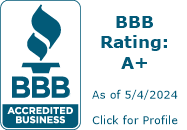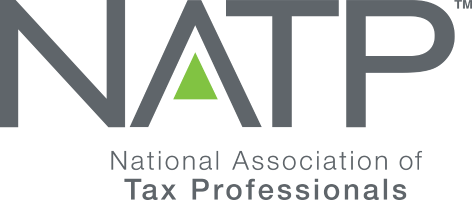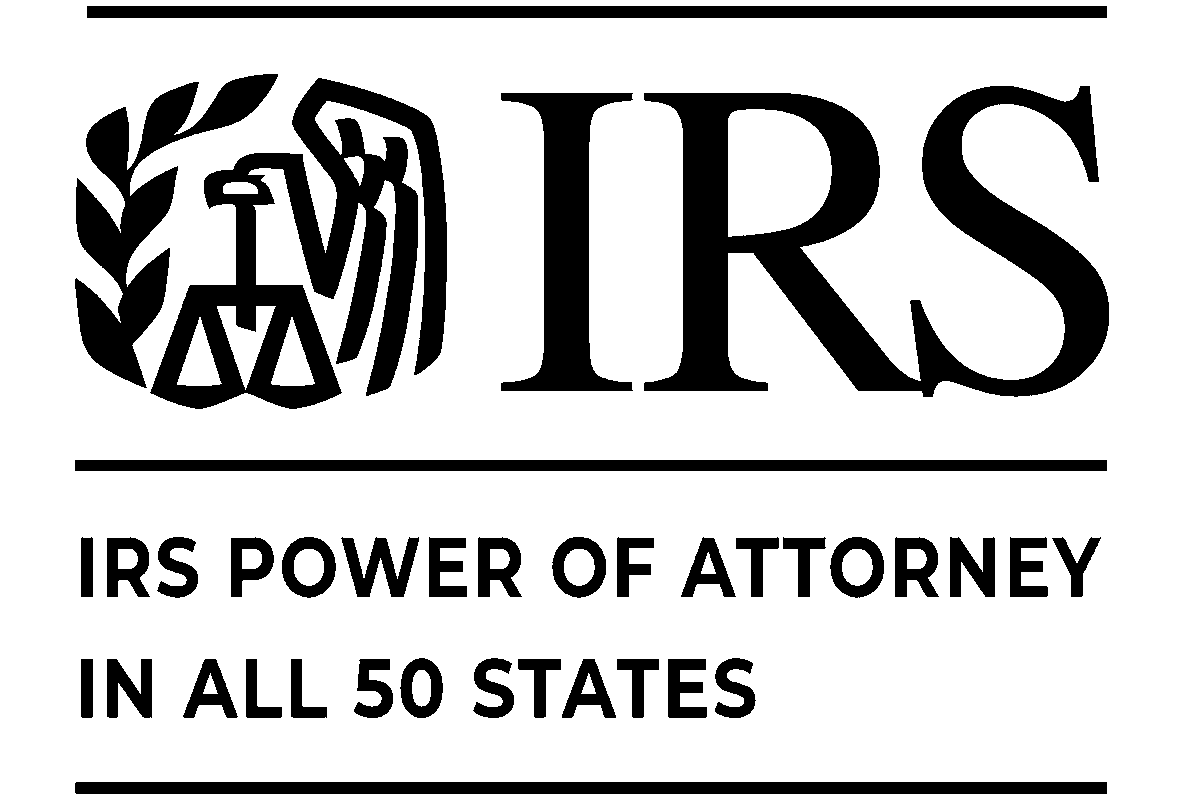Communication from the IRS should always be taken seriously, especially if you receive Letter 1058 or an LT11 notice. These documents are your last chance to settle your tax debt before the IRS begins taking action to collect it.
If you receive Letter 1058 or LT11, here are some things to remember before responding to the notice. If you feel overwhelmed, reach out to the knowledgeable team at BC Tax.
What Is IRS Letter 1058 or LT11?
Letter 1058 and IRS Letter LT11 are notices from the IRS cautioning of potential collection actions. These documents confirm the amount you owe and warn you of their intent to levy your income, bank accounts, property or rights to your property.
Before receiving Letter 1058 or LT11, you should have received other IRS notices:
- CP501 or CP14: To inform you of an unpaid balance
- CP502 and CP503: Second and third payment reminders, respectively
- CP504: Reminder of your tax balance and information on the actions the IRS will take if it remains unpaid
If you have yet to respond to the CP504 after five weeks, this is typically when you receive Letter 1058 or the LT11 notice. After carefully studying these notices, you may realize you need the services of a tax professional. BC Tax can advise you on these letters and help you take your next steps.
What Is the Difference Between Letter 1058 and Form LT11?
IRS Letter 1058 and an LT11 notice both contain the same warning and information. The only difference is that LT11 is shorter in length.
Why Did You Receive This Notice?
The IRS is required by law to send multiple notices before seizing any assets or property. Letter 1058 or LT11 are sent out if you do not pay the balance due or respond to the previous notices.
These letters serve as a final warning that you must immediately address your unpaid taxes or face collection action, including wage garnishment or property seizure.
How Should You Respond?
Letter 1058 and LT11 are sometimes the last notices you receive before the government takes action. You have 30 days from the date posted on the letter to contact the IRS or pay your balance, or the IRS can seize your assets. Seriously delinquent fees could even result in your passport being revoked.
If you receive these notifications, you have a few different options.
Pay the Tax Balance
This is your best recourse if you agree that the amount due is correct and can afford to pay. The notices include instructions on how to make payments, including sending a check by mail with a tear-away portion of the letter for verification purposes. You can also pay online or by phone.
Request a Payment Plan
If you cannot pay the entire balance, it’s essential to contact the IRS. Even a partial payment can help you avoid levies, penalties and interest. Whether you’re struggling with financial hardship or you wish to pay the amount over time, the IRS offers several payment arrangements, including:
- Installment agreements: This is a payment plan that allows you to pay back your taxes owed over an extended period.
- Offer in Compromise: This is a settlement offer in which the IRS agrees to let you pay less than what you owe.
- Currently not collectible status: This temporarily halts collection actions due to financial hardship.
The licensed enrolled agents at BC Tax are very helpful if you need to negotiate an arrangement that won’t cause economic difficulty to you or your family.
File an Appeal
If you dispute the amount assessed by the IRS, you have the right to an appeal. These hearings allow you to dispute the unpaid tax balance or discuss alternatives to IRS collection actions. Tax professionals can help you plan your appeal process and submit all necessary documents.
Consult the Experts at BC Tax to Resolve Your Letter 1058
Let the tax experts at BC Tax help you stay on the safe side of the IRS. If you receive a Letter 1058 or an LT11 notice, don’t wait. Our extensive experience can help you resolve your tax issues and find a solution that works for you. Schedule a free, no-obligation consultation to learn about your options.

 1-800-548-4639
1-800-548-4639









